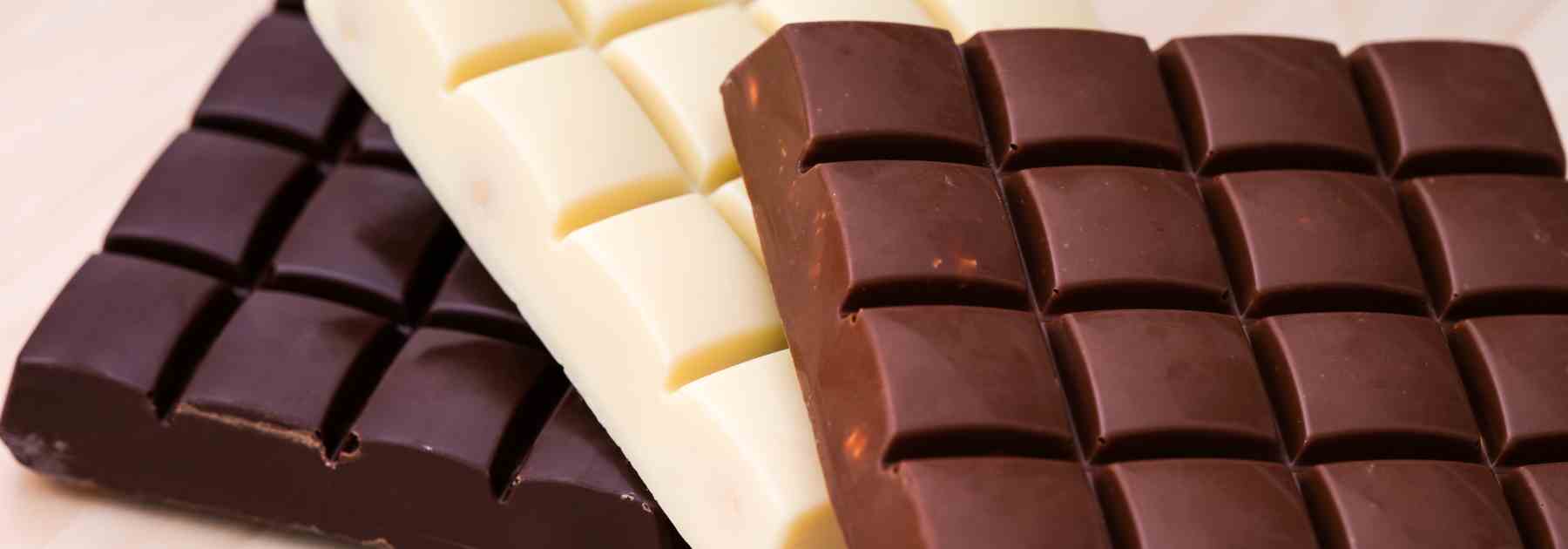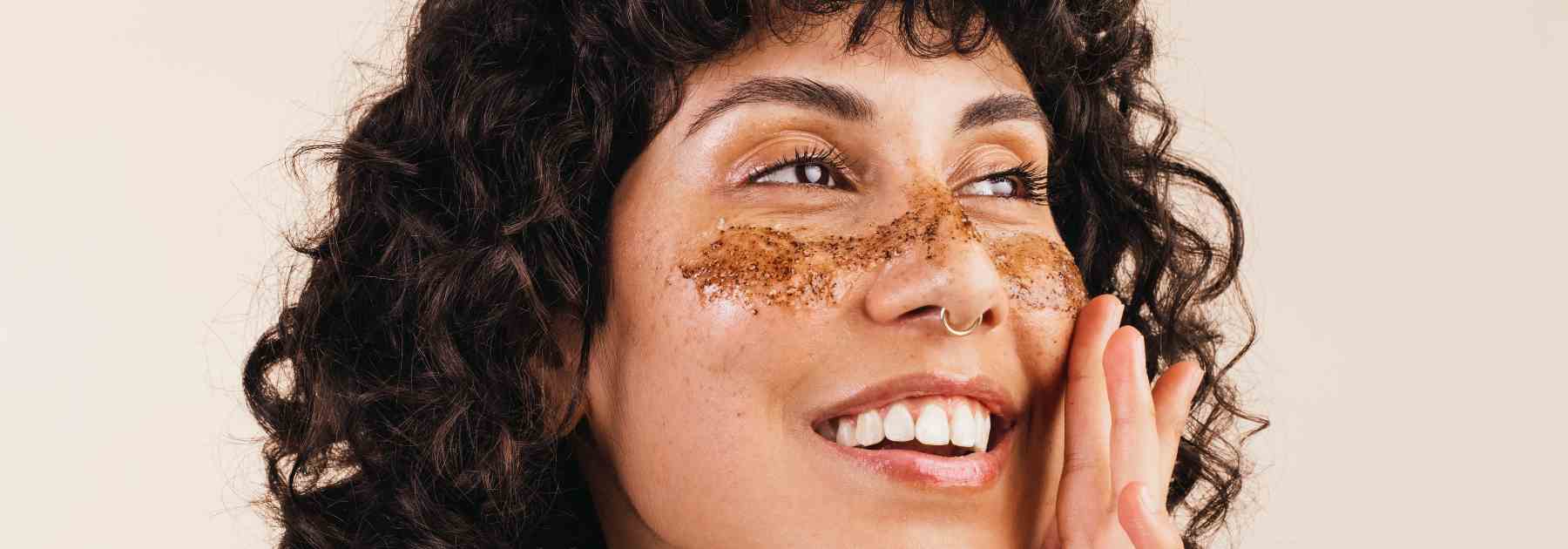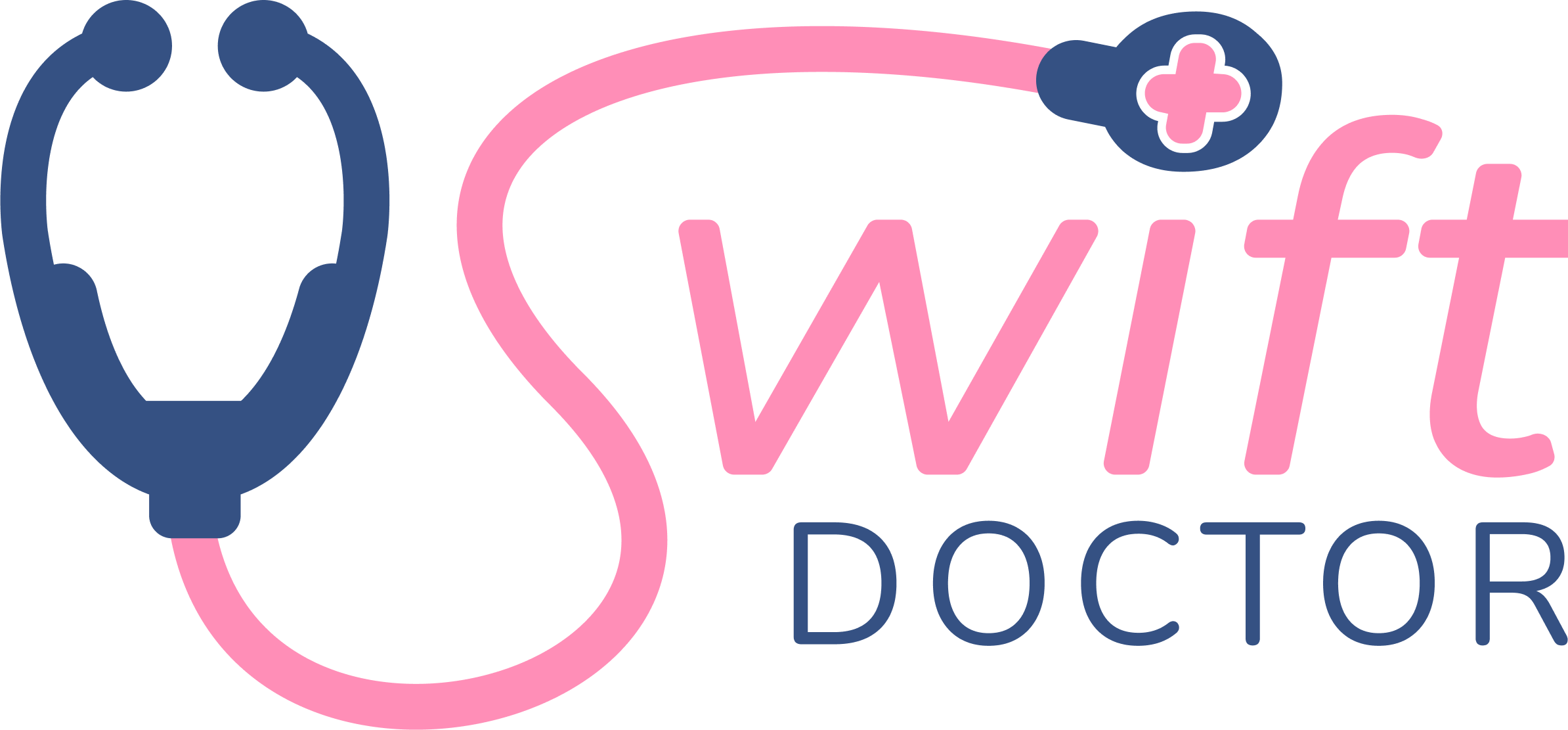Acne is one of the most common skin conditions worldwide, affecting people of all ages. Despite this, myths about its causes and treatments are rife, often leading people to make choices that can make their acne worse rather than better. At SwiftDoctor, we believe in separating fact from fiction, so here are the top 10 acne myths and the truth behind each one. If you’re seeking effective solutions, this guide will also explore the real treatments that work.
Myth 1: Washing Your Face More Often Prevents Acne
One common misconception is that washing your face multiple times a day will keep acne at bay. While cleanliness is essential, excessive washing can strip your skin of natural oils, prompting it to produce more sebum, which can actually worsen breakouts. Stick to cleansing twice daily with a gentle face wash for acne, and avoid harsh scrubs. Scrubbing can irritate the skin, inflaming acne further.
Myth 2: Chocolate Causes Acne
For years, chocolate has been blamed for causing acne. However, while diet can influence skin health, chocolate itself isn’t a primary trigger. Research suggests that foods high in sugar and simple carbs, as well as dairy, can aggravate acne in some people. Dark chocolate, with its lower sugar content, is far less likely to cause issues. Instead of avoiding chocolate altogether, consider a balanced diet with low sugar and refined carbs to support healthier skin.

Myth 3: Sun Exposure Helps Clear Acne
Some believe that a bit of sunshine can dry up pimples, but this is a risky approach. Sun exposure may temporarily dry out acne, but it can also lead to skin irritation, increased oil production, and even hyperpigmentation, making acne scars more visible. The best approach is to use oil-free sunscreen daily and consider medical treatments like gels or tablets for long-term acne control.
Myth 4: Acne Is Just for Teenagers
Acne is often associated with teenagers, but it’s common among adults as well. Hormonal changes, stress, and genetics all play a role, meaning adult acne is quite normal. Rather than relying on teenage skincare routines, adults should consult professionals to find effective treatments. Options like topical gels, medicated solutions, or oral antibiotics are often more effective than basic face washes for acne in treating adult skin.
Myth 5: Makeup Causes Acne
It’s not makeup itself that causes acne, but rather certain ingredients in products. Non-comedogenic and oil-free makeup is less likely to clog pores, reducing the risk of breakouts. Removing makeup properly at the end of the day is crucial. Instead of avoiding makeup, opt for acne-friendly products and stick to a cleansing routine with a mild face wash for acne.
Myth 6: You Can “Outgrow” Acne
While some people experience fewer breakouts as they age, others continue to have acne well into adulthood. Factors like genetics, lifestyle, and hormonal fluctuations mean that there’s no guarantee of “growing out” of acne. Treatment solutions like topical retinoids, prescription gels, and oral antibiotics can provide effective, lasting solutions rather than hoping it will disappear with time.
Myth 7: Popping Pimples Helps Them Heal Faster
Popping pimples may provide instant gratification, but it’s a harmful habit that can worsen acne. Squeezing pimples increases the risk of scarring, inflammation, and spreading bacteria to other areas. Instead, use spot treatments or consult a professional for acne solutions like prescription gels or tablets, which are far more effective and less damaging to the skin.
Myth 8: Acne Is Caused by Poor Hygiene
Poor hygiene is not a primary cause of acne. Acne stems from factors like genetics, hormones, and the overproduction of sebum. While maintaining a regular skincare routine is essential, over-cleansing or scrubbing can worsen breakouts. Stick to a simple face wash for acne and avoid products that are too harsh. True acne treatment comes from targeted medical solutions, not just washing routines.
Myth 9: Face Washes and Scrubs Are the Best Treatments for Acne
Face washes and scrubs can help cleanse the skin, but they are rarely enough to treat persistent acne on their own. In fact, scrubs can irritate the skin and make acne worse. Instead, targeted treatments like topical gels with ingredients such as benzoyl peroxide or salicylic acid, and prescription medications, can provide more effective results. Oral treatments, such as antibiotics or isotretinoin, can also be very effective for more severe cases. While a gentle face wash for acne can be part of a skincare routine, it’s best used alongside other proven treatments.

Myth 10: Home Remedies Work Just as Well as Medical Treatments
Some home remedies, like honey or tea tree oil, may help with mild acne, but they are often not as effective as scientifically backed treatments. For moderate to severe acne, prescription solutions offer a targeted approach, reducing inflammation and bacteria more effectively. Options like benzoyl peroxide gels, salicylic acid solutions, and tablets are proven to reduce acne over time. Home remedies may soothe the skin but won’t typically address the root causes of acne.
Effective Acne Treatments
At SwiftDoctor, we recommend an approach that combines a gentle face wash for acne with clinically proven treatments. Over-the-counter products with active ingredients like benzoyl peroxide, salicylic acid, or adapalene can provide mild relief, but persistent or severe acne often requires professional treatments. Prescription treatments, including topical retinoids, antibiotics, and oral medications like isotretinoin, are far more effective for managing acne in the long run. Combining these with a dermatologist-approved skincare routine can make a significant difference.
If you’re struggling with acne, don’t rely on myths and ineffective routines. A balanced skincare routine and proven medical treatments are the best ways to achieve clearer skin. At SwiftDoctor, we’re here to help you find a treatment that truly works, moving beyond the myths to get you closer to clear, healthy skin.
Get in touch today or book an appointment to kick start your journey to clearer skin:

This blog was written on behalf of SwiftDoctor by Pharmacy Mentor.

